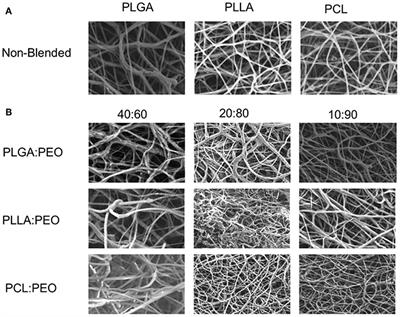EDITORIAL
Published on 20 Aug 2020
Editorial: The Chemistry of Biofilms and Their Inhibitors
doi 10.3389/fchem.2020.00746
- 1,609 views
- 1 citation
26k
Total downloads
181k
Total views and downloads
EDITORIAL
Published on 20 Aug 2020
ORIGINAL RESEARCH
Published on 04 May 2020

REVIEW
Published on 21 Apr 2020

ORIGINAL RESEARCH
Published on 05 Feb 2020

ORIGINAL RESEARCH
Published on 21 Jan 2020

REVIEW
Published on 10 Jan 2020

REVIEW
Published on 08 Jan 2020

REVIEW
Published on 28 Nov 2019

REVIEW
Published on 01 Nov 2019

ORIGINAL RESEARCH
Published on 01 Oct 2019
